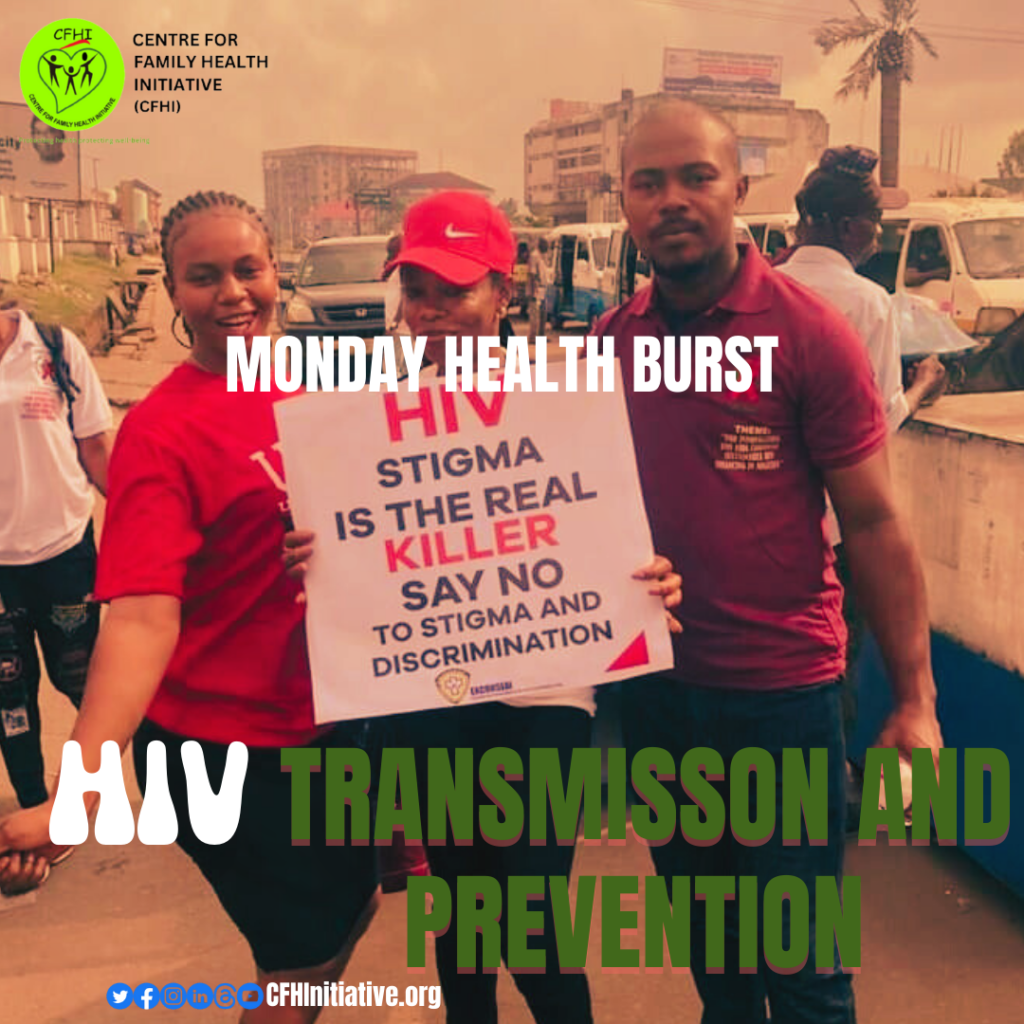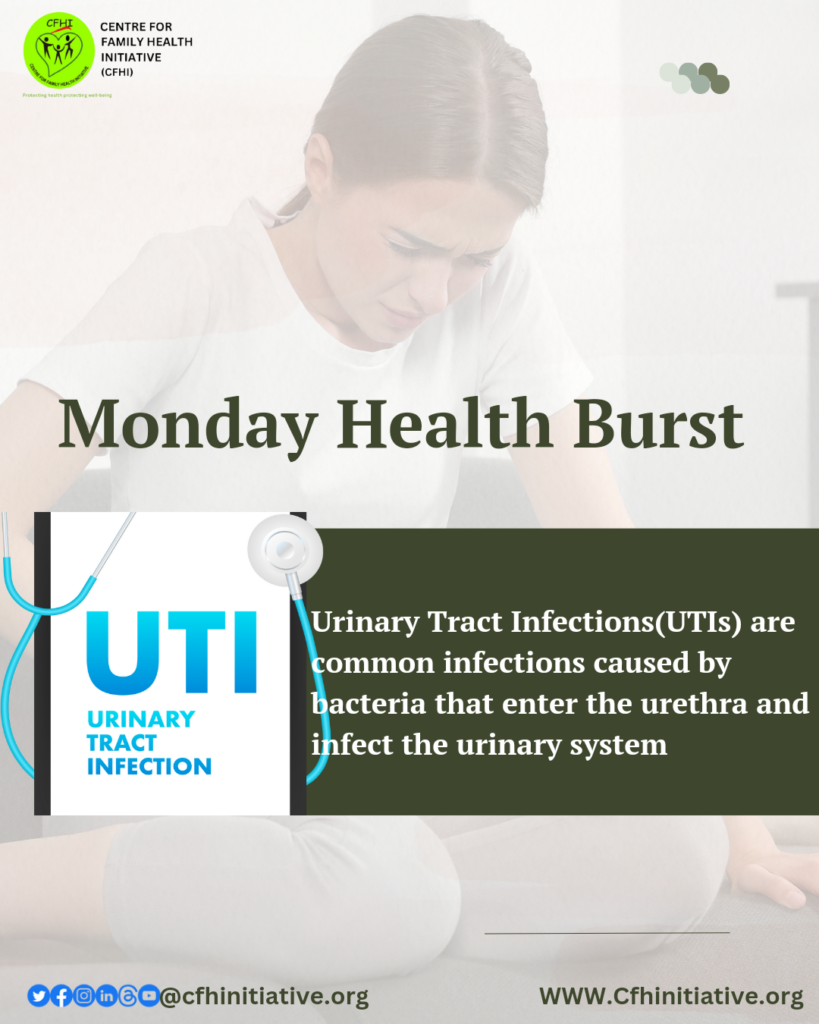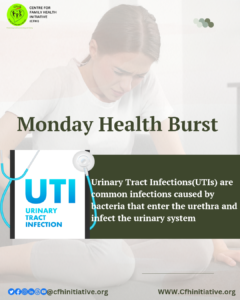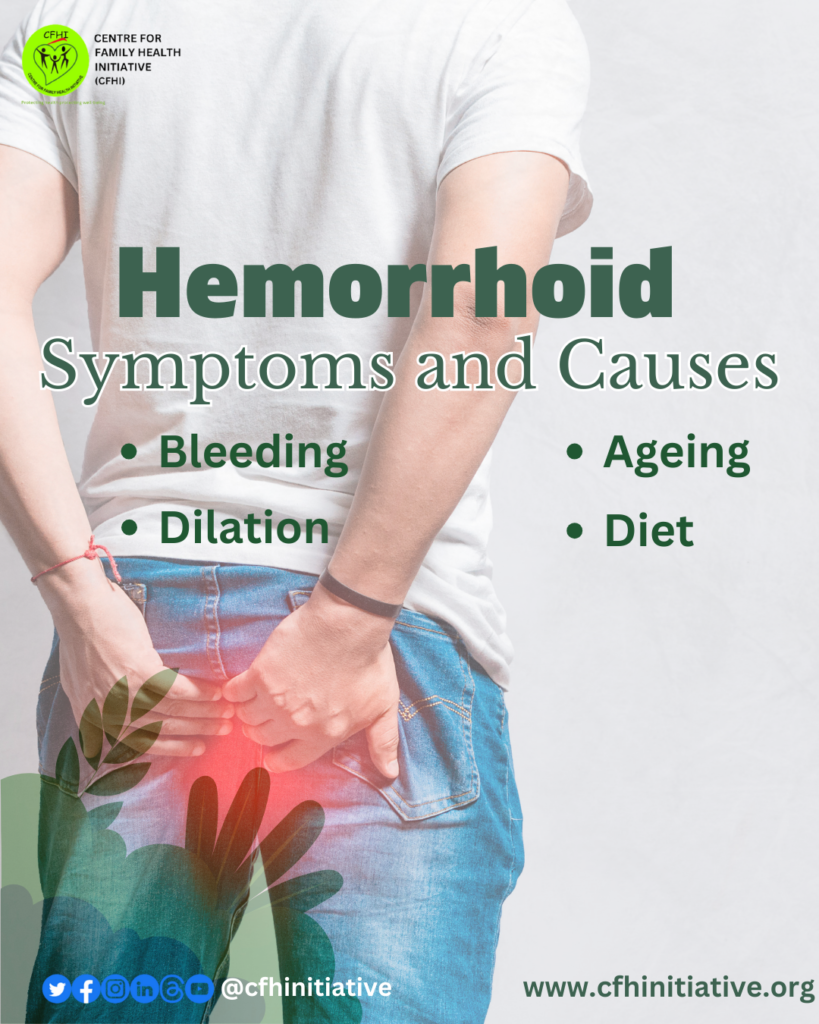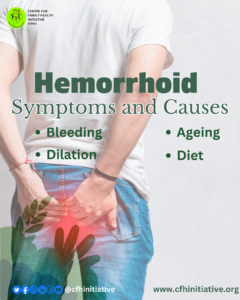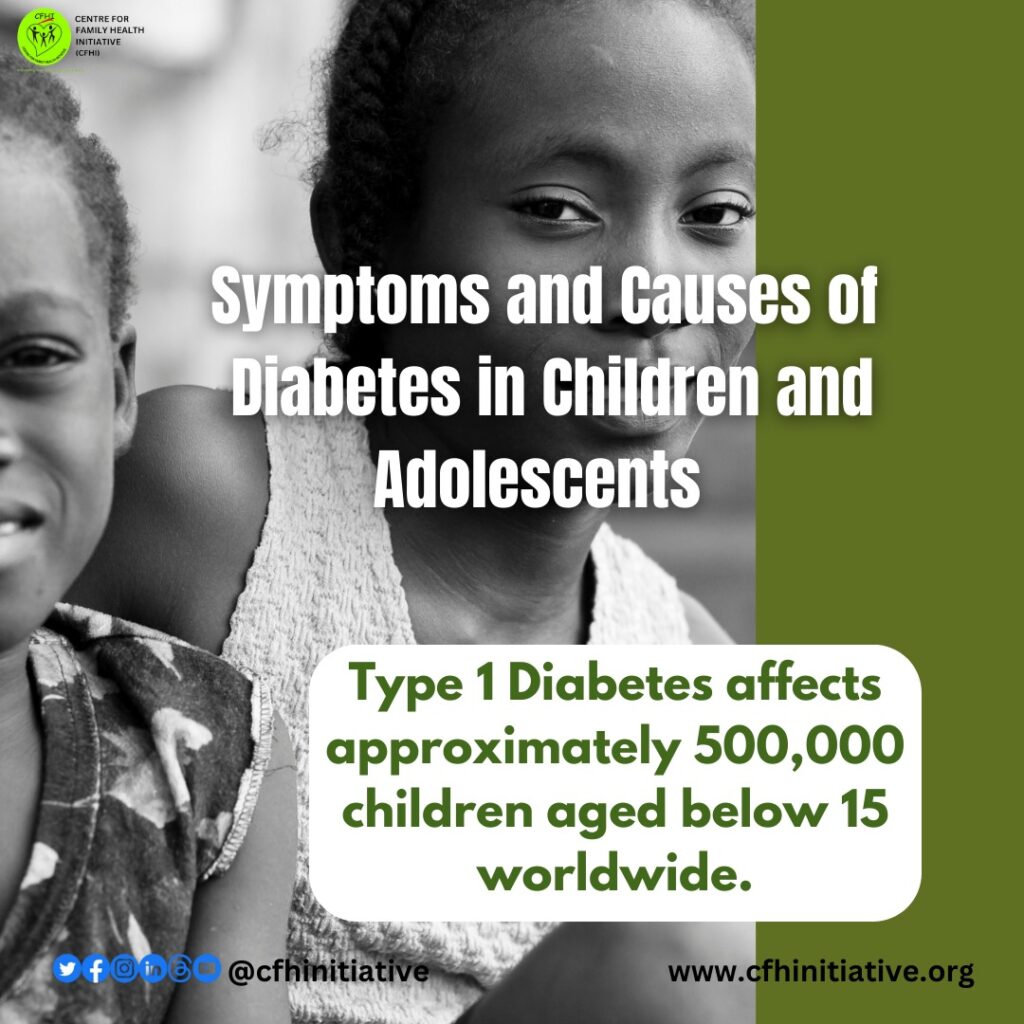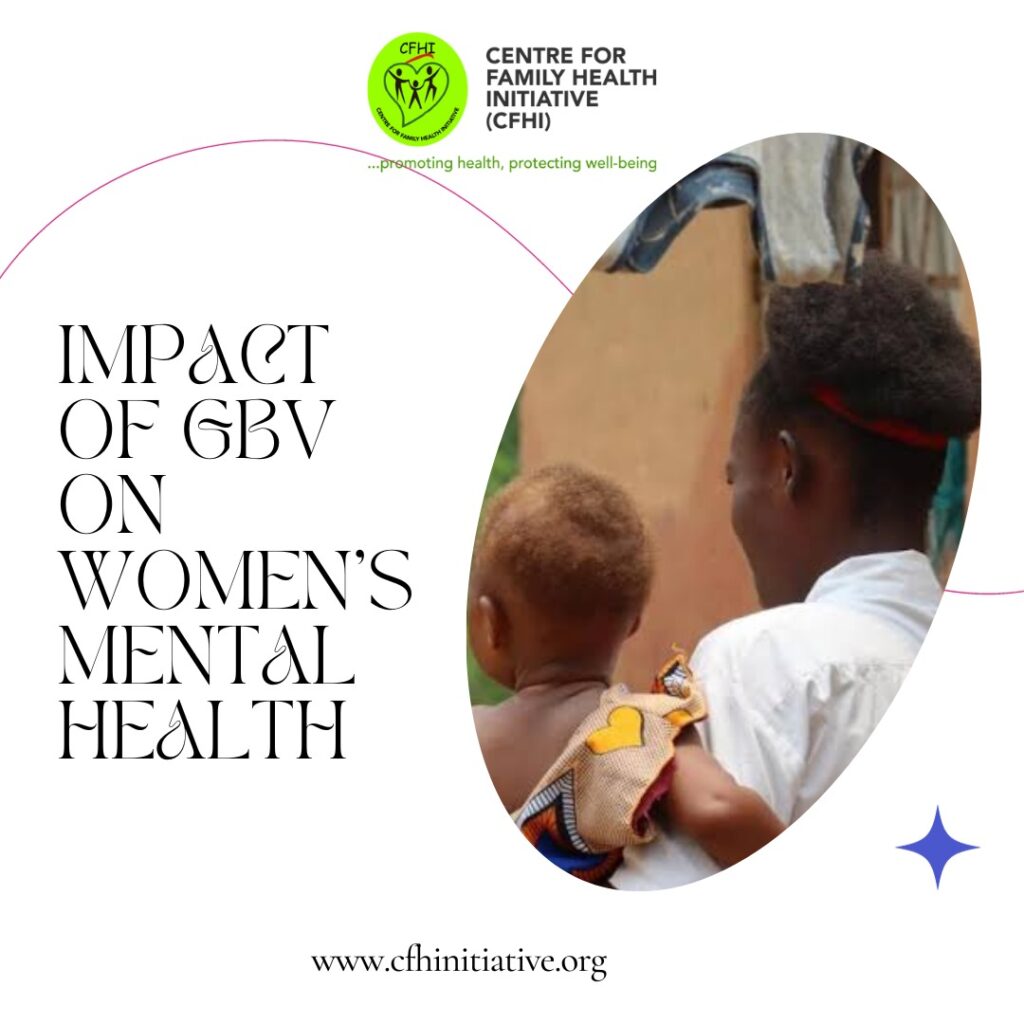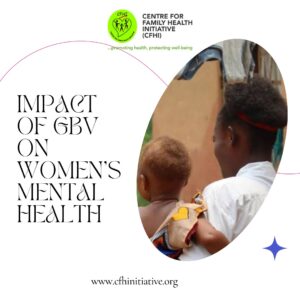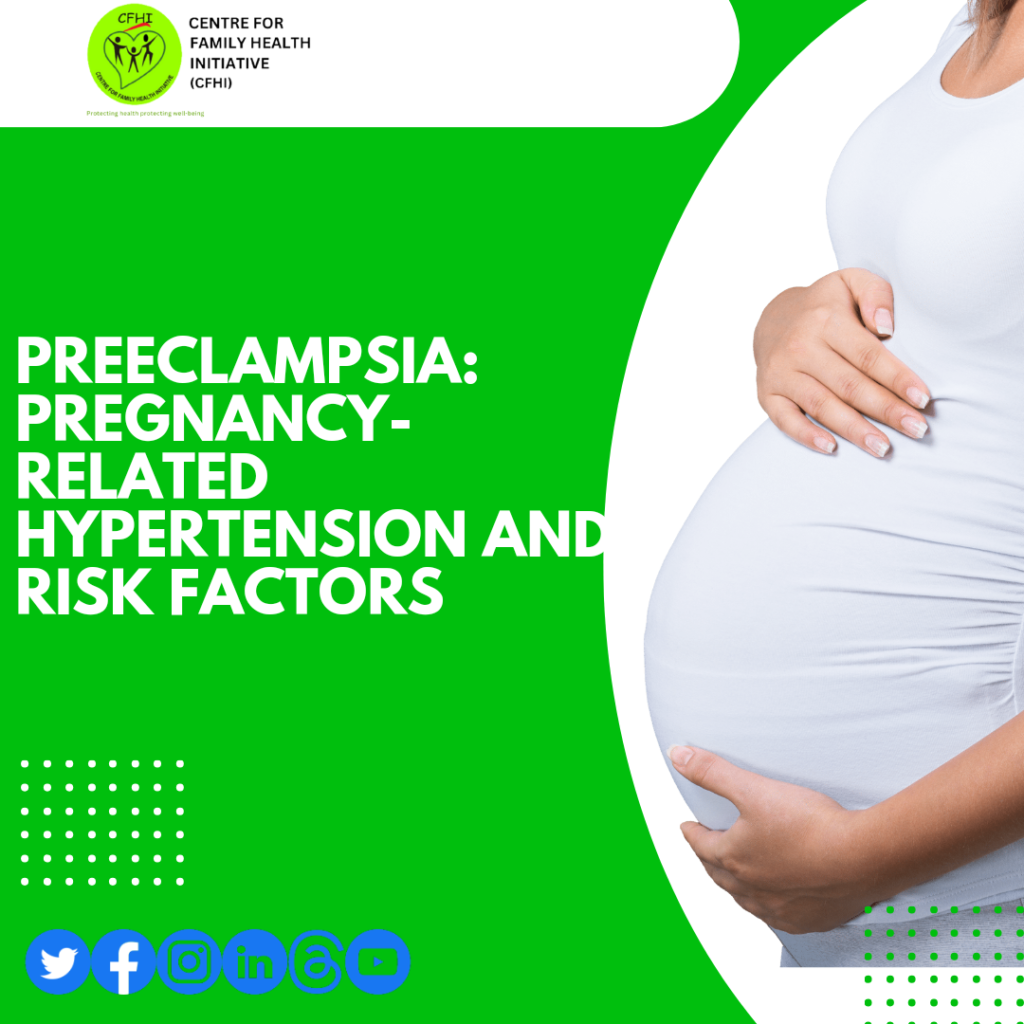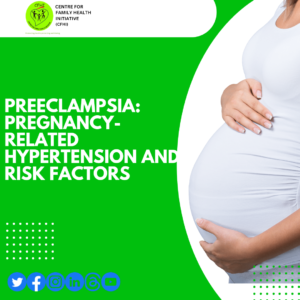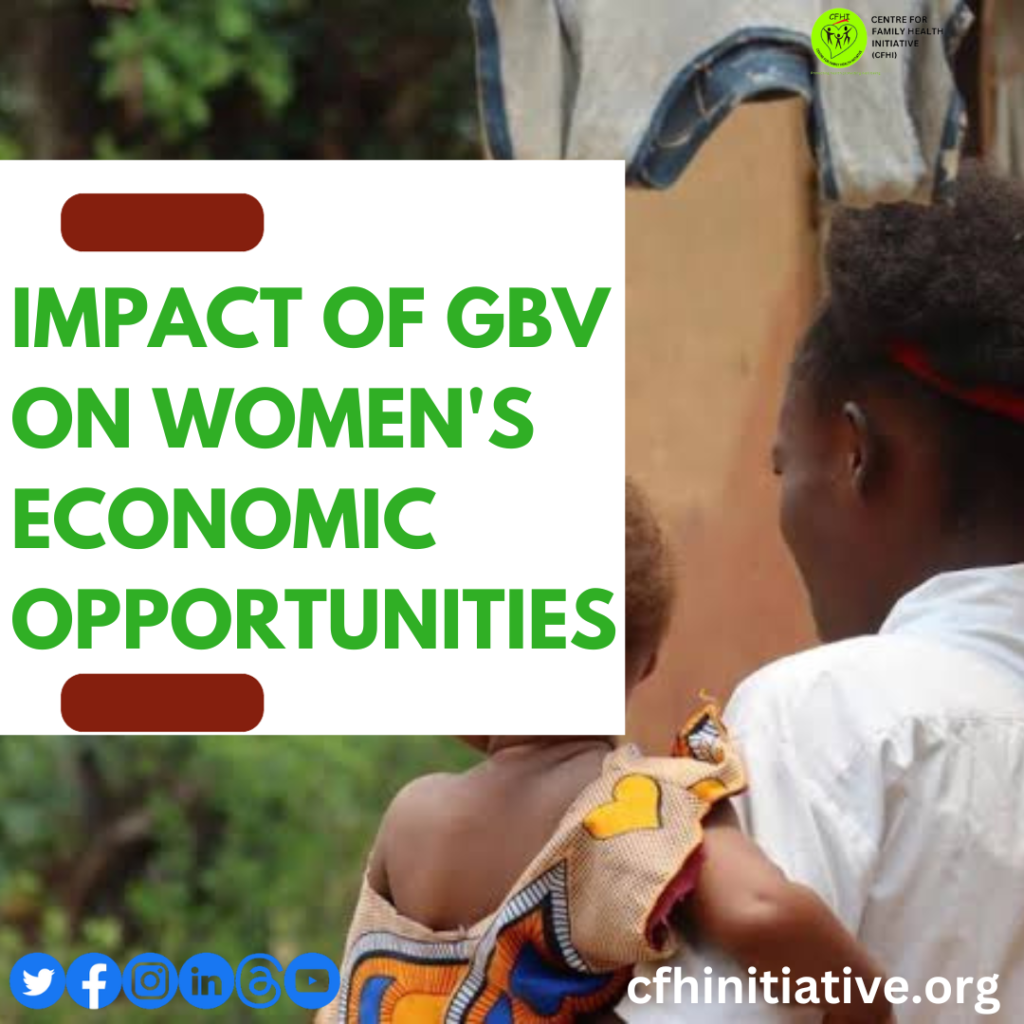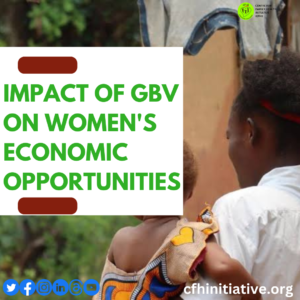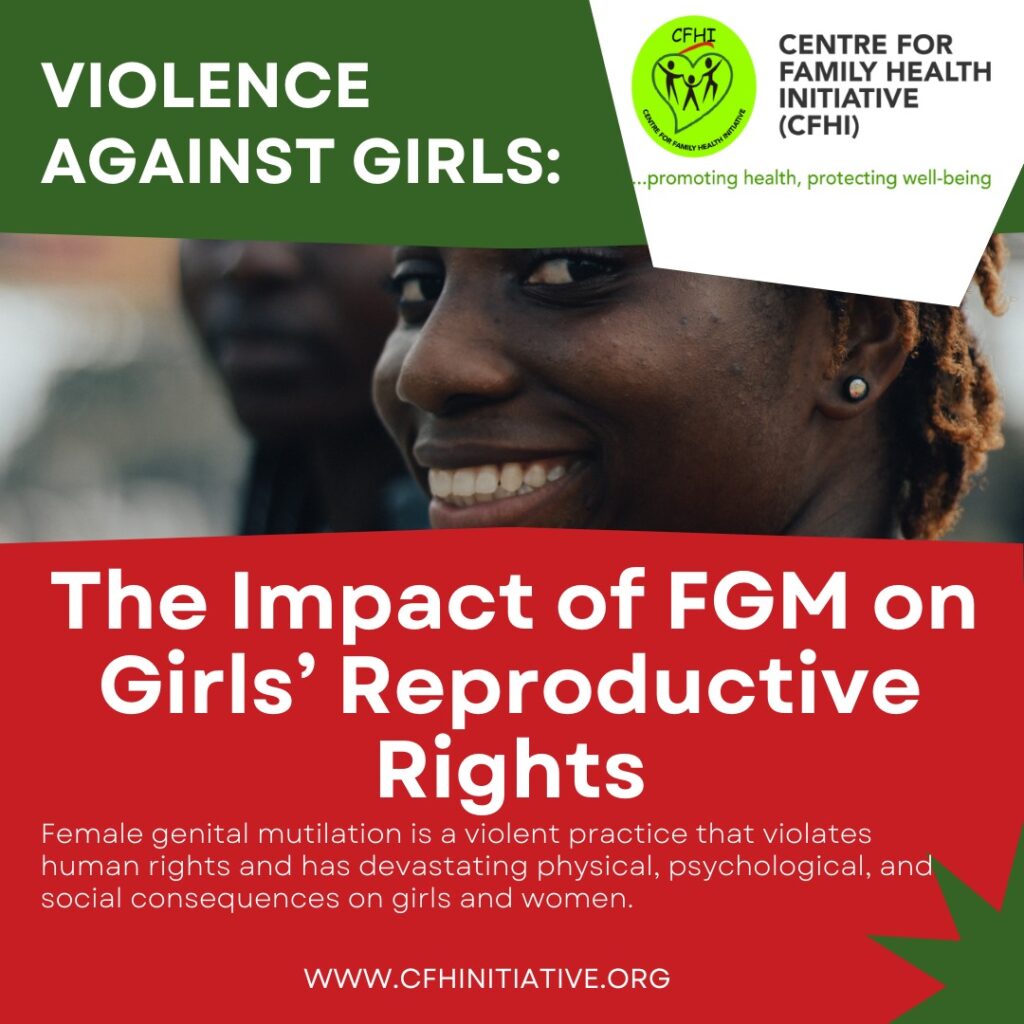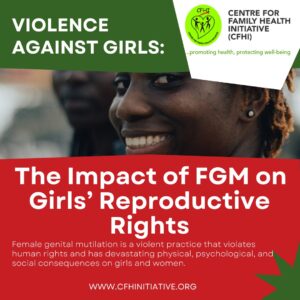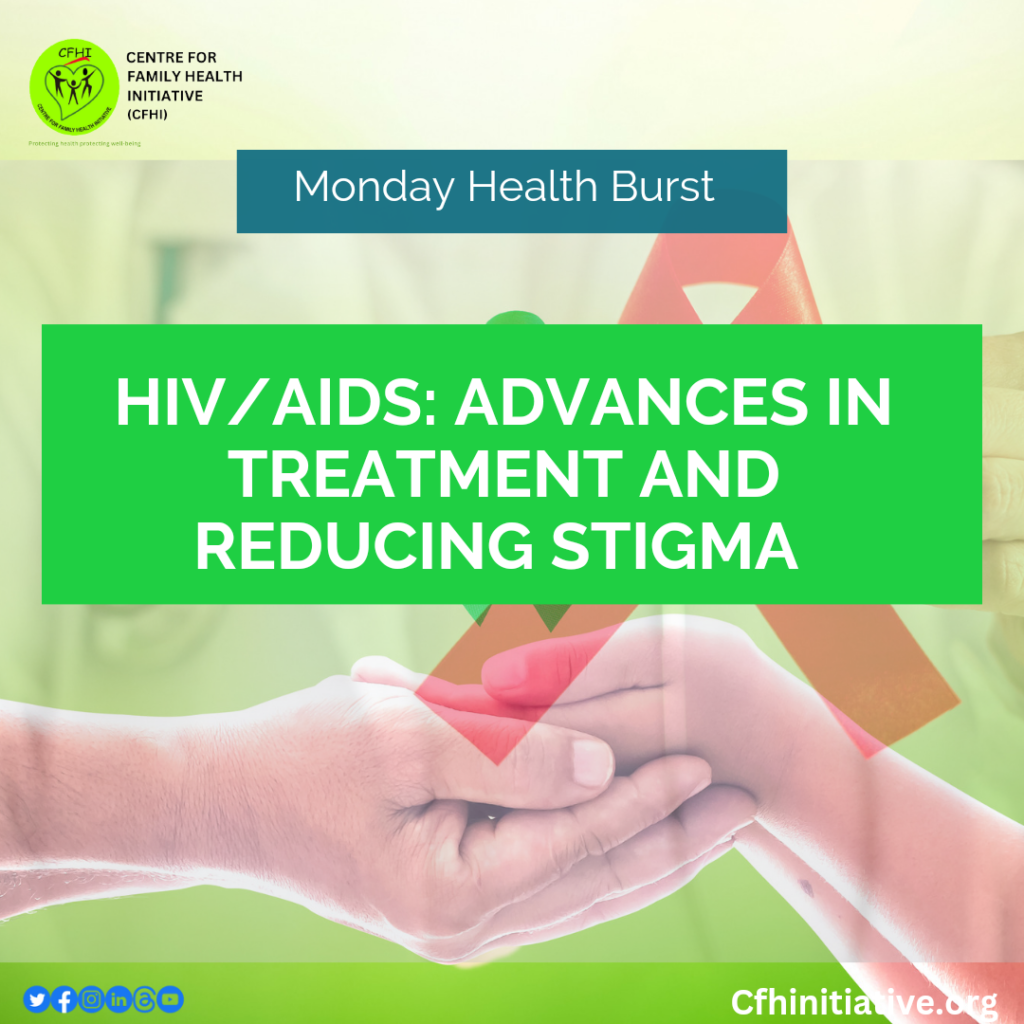MONDAY HEALTH BURST ON HIV TRANSMISSION PREVENTION
Human Immunodeficiency Virus (HIV) continues to be a global health concern, affecting millions of lives. Understanding how HIV spreads and implementing effective prevention strategies are paramount in curbing its transmission. WHO estimates that at the end of 2022, 39.0 million [33.1–45.7 million] people worldwide were living with HIV, and 630 000 people died from HIV-related illnesses globally.
HIV is commonly transmitted through unprotected sexual intercourse, intravenous drug use with shared needles poses a significant risk of HIV transmission. Also, HIV can be transmitted from an infected mother to her child during childbirth or breastfeeding.
Timely initiation of antiretroviral therapy (ART) for pregnant women and formula feeding instead of breastfeeding are preventive measures. Other prevention Strategies include:
Promoting consistent and correct condom use, education campaigns on condom efficacy and accessibility, taking antiretroviral medication before potential exposure to HIV, targeting high-risk populations and raising awareness about PrEP, providing access to clean needles among people who inject drugs, early diagnosis and initiation of ART, consistent adherence to medication to suppress the virus, raising awareness about HIV, its modes of transmission, and available prevention methods, and encouraging regular HIV testing.
In the fight against HIV, a comprehensive understanding of transmission modes and the implementation of preventive strategies are pivotal. Combining education, accessible healthcare, and supportive policies creates a robust framework for reducing HIV transmission rates and improving the overall well-being of individuals and communities. A collective effort is essential to achieve a world free from the burden of HIV.
Over the years, CFHI in partnership with other organisations such as National Hospital, Institute of Human Virology Nigeria and UNICEF, to mention but few, has carried out awareness and sensitization programs on transmission and prevention of HIV/AIDS. In 2021, CFHI celebrated World AIDS Day at Gosa Toge Community in Abuja, where over one hundred persons were tested to know their HIV status.
Monday Health Burst is an initiative of CFHI to address issues of basic health concern. Join us every Monday on all our social media platforms for more episodes.
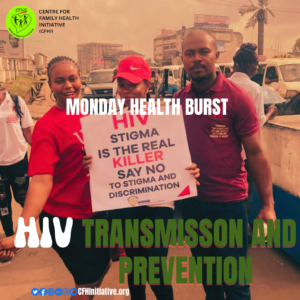
MONDAY HEALTH BURST ON HIV TRANSMISSION PREVENTION Read More »

